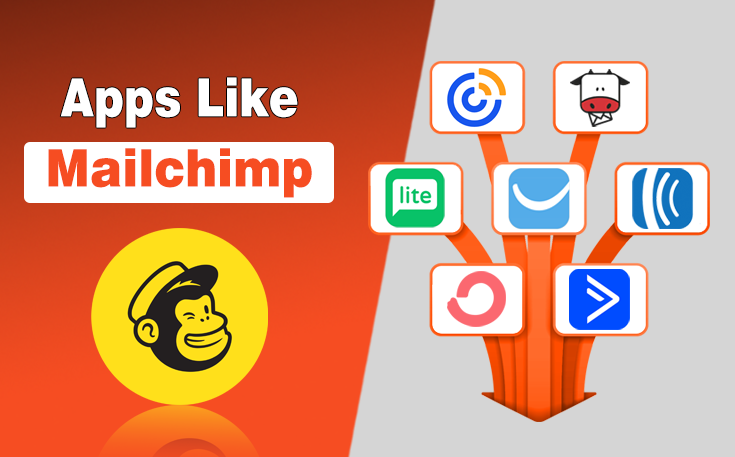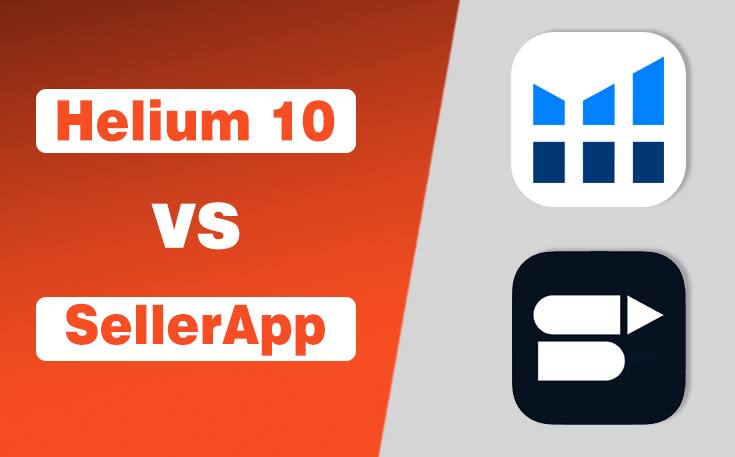Do you want to ditch a website while accessing it for multiple purposes? If so, then why don’t you use a proxy? Proxies will help you hide your original IP address and showcase a different IP address on the internet.
Proxies are generic terms representing a broad class of technologies, each with very different characteristics and best uses. Understanding the main types of proxies will help you find the tool for your particular needs—whether you need anonymity, geo-restriction bypassing, or online activity optimization.
Let us provide you with a deeper understanding of the various types of proxies, their unique features, and where each is best utilized.
How Proxies Work?
The core of how proxies work is that they act between the client device and the greater Internet. When you access websites through a proxy, your requests route to the target website through the intermediary proxy server.
In return, the website sees the IP address of the proxy server and not your actual IP address. Thus, it provides a degree of anonymity and privacy. Proxies can also be configured to filter, cache, or log Internet traffic, depending on their configuration and their intended use.
Everything from security while browsing the web to proxies that help businesses aggregate data from multiple sources without being tracked falls within the purview of such services. Companies like IPRoyal offer a variety of proxy types, making it easier for users to find the ideal match for their particular requirements.
5 Types of Proxies and Their Applications
The variety of proxies available can be categorized based on their function. The level of anonymity they provide, and the specific network environments in which they operate.
Below, we delve into the primary types of proxies, each with its unique set of features and applications.
1. HTTP and HTTPS Proxies
HTTP proxies are specifically designed to handle traffic that uses the Hypertext Transfer Protocol (HTTP), the foundation of data communication on the World Wide Web. These proxies act as intermediaries for web traffic. It is forwarding requests from a user’s web browser to the destination web server.
HTTPS proxies operate similarly to HTTP proxies but are designed to manage encrypted HTTPS traffic. HTTPS proxies are particularly useful in scenarios where security is paramount, such as when accessing sensitive websites. This is conducting financial transactions or ensuring safe browsing on public networks.
2. SOCKS Proxies
SOCKS proxies, especially SOCKS5, work at a lower level than HTTP/HTTPS proxies and can therefore be applied to many more applications. Unlike the HTTP/HTTPS proxies, which can only handle web traffic, SOCKS proxies can proxy Internet traffic of almost any kind, such as emails, file transfers, and video streaming.
This makes SOCKS5 proxies particularly useful in tasks that require high-bandwidth applications. When trying to bypass very strict firewalls, like torrenting, gaming, or streaming video content.
3. Residential Proxies
Residential proxies are special. They use IP addresses provided by service providers to houses, making it look like a real user connection. Whereas data center proxies mostly get flagged or blocked from websites owing to their non-residential origin to residential proxies boast a greater level of authenticity.
For this reason, the factor explaining the legitimacy of residential proxies is tied to their abilities in terms of mimicking regular user traffic, seriously reducing the likelihood of a block or being flagged by the website.
Such legitimacy, however, introduces higher pricing for residential proxies. This solution is positioned as a premium, and the best fit for use cases to avoid detection is critical.
4. Rotating Proxies
Rotating proxies adds another layer of anonymity by automatically switching the IP address for each connection or session. This approach’s dynamic nature prevents any website from tracking or blocking a user. Based on their IP address, as it will be different with every request.
Rotating proxies is helpful for scenarios where anonymity needs to be continuous, like in data scraping, automated testing, or running several social media accounts. Rotation proxies distribute requests over a pool of IP addresses to avoid IP bans.
It is the most frequent problem resulting from using the same IP address for too many requests. This makes rotating proxies ideal to use in high-frequency tasks involving interaction with a website or service to ensure continuity in the processes.
5. Mobile Proxies
Mobile proxies route internet traffic via IP addresses. It is assigned to mobile networks and typically work over 3G, 4G, or 5G connections.
These proxies are beneficial because they are dynamic. Mobile IP addresses tend to change with time, and this happens simply by moving the device from cell tower to cell tower or reconnecting with the network.
It is just this frequent rotation that gives a high level of anonymity and makes the mobile proxies hard to detect and block. They are particularly useful in areas related to digital marketing, ad verification, and content accessibility, which rely on the mobile network.
Mobile proxies use valid IP addresses from real mobile carriers, so websites and services trust them.
Selecting the Right Proxy for Your Needs
The choice of proxy is based on one’s needs and where it would be used. For example, if your focus is to browse the web securely or access sensitive information. Then, an HTTPS proxy would be a suitable choice due to its encryption capabilities.
A SOCKS5 proxy would be more versatile and yield better results for handling many types of Internet traffic or circumventing the strictest of firewalls.
For companies that gather data, residential or rotating proxies would provide anonymity. Further, they would ensure the reliability of intelligence gathering, which would be undetected and unblocked.
Meanwhile, mobile proxies solve dynamically and trustfully in applications that require high levels of authenticity and access to content restricted to cellular networks.
The Finale
Proxies have remained a significant factor in the level of anonymity required, speed, and reliability. These factors also depend on proxy service and the cost involved with different types of proxies.
Every type of proxy has advantages and disadvantages. Thus, knowing them can help you make the right choice based on expectations. Further, a suitable proxy will enable you to trick the internet for multiple purposes.
Need custom app with amazing features?
Get a Quote




